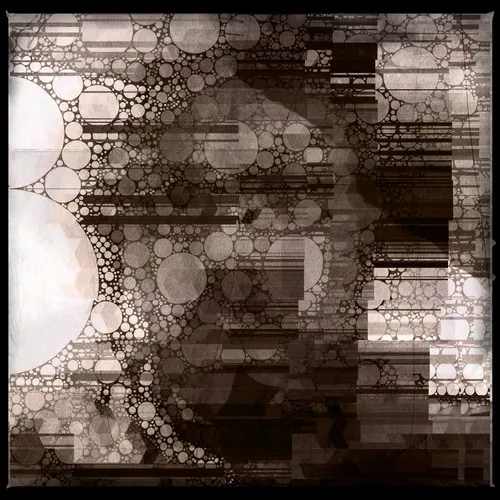秋深き隣は何をする人ぞ
aki fukaki tonari wa nani wo suru hito zo
late autumn—
my neighbor
how is his life, I wonder

House at Ontake, Kasamatsu Shiro
This is one of Bashō's most famous haiku, so you may have see it before. He wrote this on his deathbed. It has long been supposed by most scholars that in the final years of his life he turned away from the lofty ideals he had for haiku and returned to more humble looks at the gritty reality of everyday life in Tokugawa Japan. Perhaps he was finally showing an interest in and becoming curious about the lives of those around him, somewhat ironic for the reclusive poet.
He didn't realize he was near death. He had been due to attend a renga session. Illness prevented him from attending, but he wrote and sent this so he could still participate. He was staying at a strange house in Osaka and the walls of the house in he was staying were paper thin so he would have been able to hear every word spoken by his neighbors; he was naturally curious and showing both an interest and perhaps a concern.
I submit this for the weekly prompt, which is "uncertainty". Not only was Bashō uncertain of his neighbor, but he was also uncertain of his own life, which he had thought might be near the end. Often, it seems, people who are uncertain of their health do take a turn more towards humanity, opening up more. As we reach the end, I suppose we become more lonely and this makes us want to be with other people. That may have been the case with Bashō.
❦

 |
David LaSpina is an American photographer and translator lost in Japan, trying to capture the beauty of this country one photo at a time and searching for the perfect haiku. |
If this blog post has entertained or helped you, please follow/upvote/reblog. If you want to further support my writing, donations are welcome.